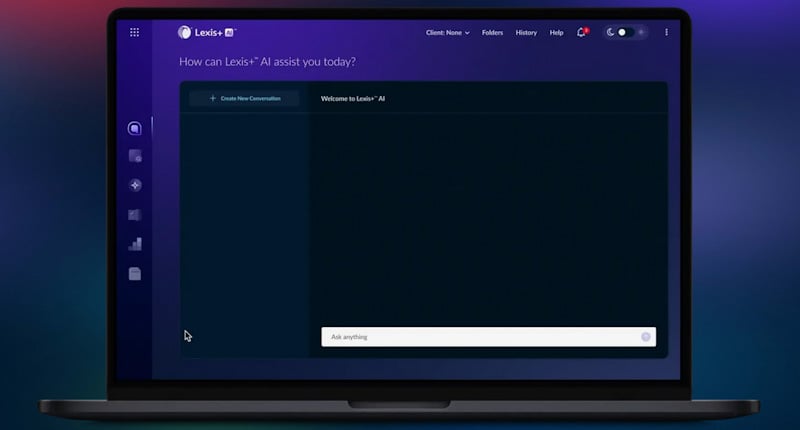Some data about anti-Trump website subscribers must be turned over to federal prosecutors: judge

Protesters at Donald Trump’s inauguration as president./akatz(Shutterstock.com.)
A Washington, D.C., judge has turned aside First Amendment claims and ordered a web hosting company to give the U.S. Justice Department information about people connected to an anti-Trump website.
Superior Court Judge Robert Morin ordered DreamHost to turn over information about subscribers to DisruptJ20.org, a website that organized inauguration protests, Bloomberg reports. DreamHost had objected, arguing that the government would get access to membership lists and emails in violation of the First Amendment.
But Morin added safeguards, requiring the government to restrict who reviews the information and to disclose the process to be used for searches, according to Politico. He also ordered the government to develop a plan to minimize searches of material unrelated to criminal activity.
The government has charged about 200 people with Inauguration Day violations of Washington, D.C.’s anti-rioting statute and is seeking information in connection with those crimes.
The government had initially sought disclosure of information that could have revealed 1.3 million IP addresses of those who visited the DisruptJ20 website, but narrowed its request in a Tuesday court filing. Critics had said turning over the IP addresses amounted to a “digital dragnet” that could identify critics of President Donald Turmp.
The U.S. Attorney’s office in Washington, D.C., said it didn’t realize its initial warrant was so far-reaching, and it has no interest in the 1.3 million IP addresses, report Ars Technica, the Hill and the National Law Journal (sub. req.). The filing said the government was concerned with “a small and focused group of individuals” who planned violence.
The government said in the new filing that it is seeking messages, records, files, logs or information from DreamHost in connection with the DisruptJ20 account that constitute evidence of criminal violations. The government said it is seeking the information only for a period between the creation of DisruptJ20 and the inauguration. It is no longer seeking HTTP records that could reveal the 1.3 million IP addresses.
DreamHost had argued the government was actually broadening its search warrant by seeking information related to crimes beyond the anti-rioting law, the National Law Journal (sub. req.) reports in another story. The hosting company also argued the government was still seeking emails associated with the website, and that harms First Amendment rights.



